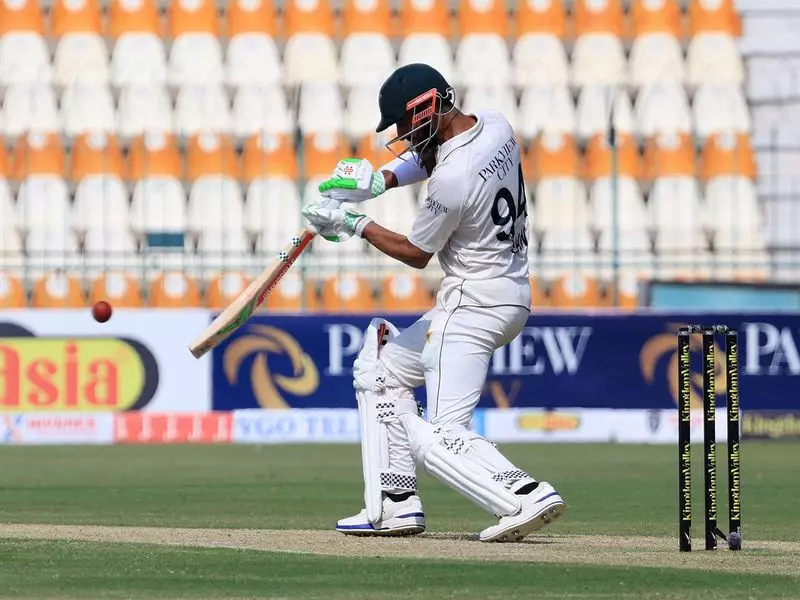
In a strategic move that signals significant changes in Pakistan cricket management, the Pakistan Cricket Board (PCB) has appointed Test captain Shan Masood as the Consultant of International Cricket Player Affairs. This groundbreaking appointment gives Masood a unique dual role within the national cricket setup.
Expanding Responsibilities Beyond Captaincy
The newly created position will see Masood working closely with both current international players and domestic cricketers who are on the verge of breaking into the national team. His responsibilities extend far beyond his duties as Test captain, positioning him as a crucial bridge between the players and the board administration.
Key Focus Areas for Masood's New Role
- Acting as primary liaison between players and PCB management
- Addressing player concerns and welfare issues proactively
- Facilitating better communication channels within the cricket ecosystem
- Mentoring young talent transitioning to international cricket
- Improving overall player experience and satisfaction
Strategic Vision Behind the Appointment
PCB Chairman Mohsin Naqvi emphasized that this appointment reflects the board's commitment to enhancing player welfare and creating a more supportive environment for cricketers. The decision to entrust these responsibilities to the current Test captain demonstrates the board's confidence in Masood's leadership qualities and understanding of player needs.
This innovative approach marks a significant departure from traditional cricket board structures, potentially setting a new precedent for how cricket boards worldwide might handle player relations in the future.
Building Stronger Player-Board Relationships
The appointment comes at a crucial time for Pakistan cricket, as the board seeks to strengthen relationships with players following various contractual and administrative challenges in recent years. Masood's firsthand experience as an active international cricketer gives him unique insights into the practical challenges faced by players.
This player-centric approach could prove instrumental in creating a more harmonious and productive environment within the national team setup, potentially leading to improved performances on the international stage.




